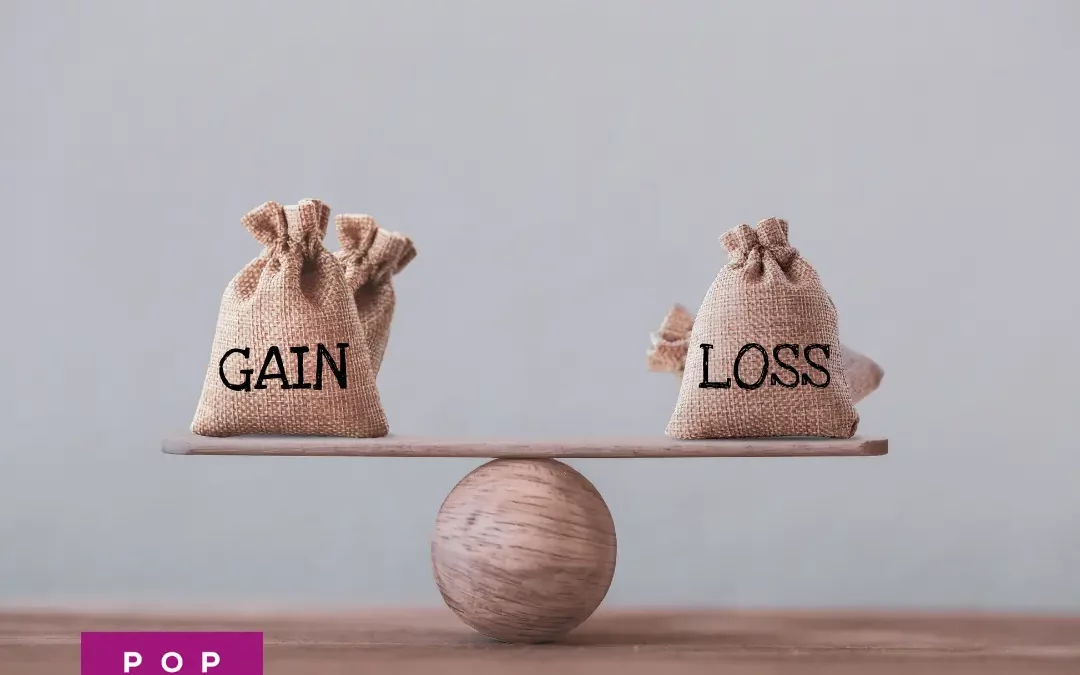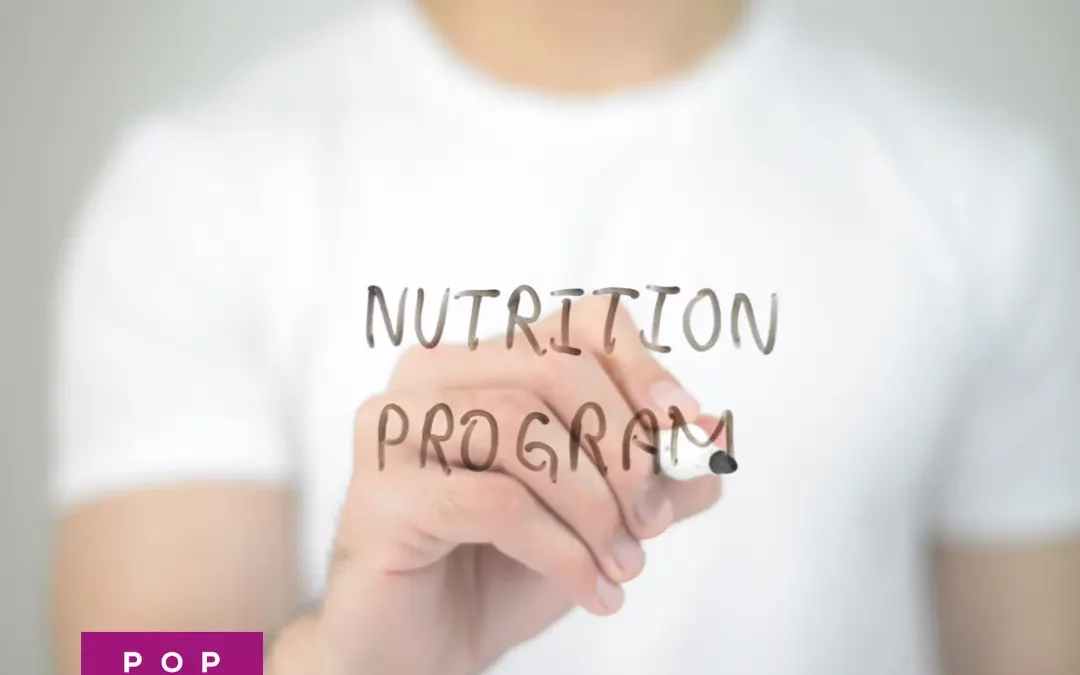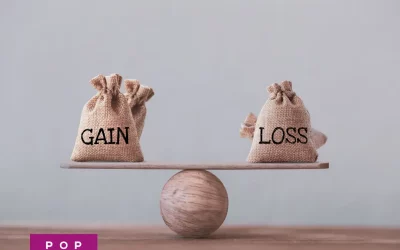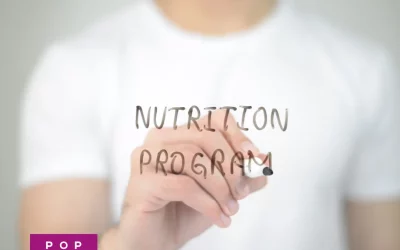If you’re struggling with snacking or over indulging, it’s probably not because of the reason you think.
The most frequent answer when I ask someone why they think it’s happening is …
I lack discipline and I can’t control myself. Or … I get stressed and just lose any willpower I have.
I understand why that’s the presumed answer. Because you’re constantly being told that you need discipline and willpower to be successful. And it’s not entirely wrong. It’s just incomplete.
The minute I ask those individuals who struggle with snacking or over indulging what their nutrition looks like on a daily basis, it’s easy to see the root cause of why it’s happening. More importantly, it’s easy to see how to fix it.
Consider this … If I told you that you were never allowed to listen to one of your favorite artists again … you could probably do it.
But think about the frequency of exposure. You go to the gym, open Spotify, and see your favorite artist on your playlist. You have to carefully select different songs to listen to.
You get in the car, the radio is on, and your favorite artist is playing. You have to quickly turn off the radio, even though you love that song.
You get home, your kids turn on some music, and you have to make sure they don’t play the songs you’re not allowed to listen to.
Think about how much mental energy it would consume. Eventually, you’d be like … screw this, I’m tired and don’t feel like playing this game anymore and you’d binge listen to all of your favorite songs.
This is the reason why most people snack and over indulge. Because they walk through life telling themselves they can’t.
Or being told they can’t.
Either way, it’s mentally taxing. And the frequency of exposure is high. Meaning, you have to be actively and consciously thinking about it a lot and it’s draining.
It’s only a matter of time until you break.
Two things that resolve the snacking or over indulging issue:
1. Reduce the frequency of exposure.
2. Remove the rules.
A few months ago, my Mom brought over some epic chocolate chip cookies. They were huge and delicious. One cookie was the size of like 3 regular sized cookies.
We left them out on the counter and Mel and I would break off little pieces and eat them frequently.
Then, we decided to put them in our little bread container which is just a tin with a lid.
After a few weeks, we hadn’t touched a single cookie. At one point, Mel went to check if we had any sourdough bread left and saw the cookies. She was like … oh shit, I totally forgot we had these!
I had forgotten too. We reduced the frequency of exposure and completely stopped snacking on cookies.
We spend most of our day operating from a state of mindless, subconscious activity.
When the candy jar is sitting on your desk or the chips are in plain sight in the cabinet at eye level … you’re much more likely to mindlessly snack.
Reduce the frequency of exposure and ease of access and you’ll significantly reduce the amount of snacking or over indulging.
The second part of the solution is the most important.
Remove the rules.
If you keep telling yourself you “can’t” or you “shouldn’t”… you always will.
It’s how our brains work.
The plan that deprives you and restricts you is the plan that will lead to binge eating, snacking or over indulging.
It’s well documented.
One of the greatest predictors of weight gain and struggling with weight maintenance is viewing food as on or off limits.
If you get joy from eating certain foods, then spending your days trying to avoid those foods is going to lead to self sabotage. Just like trying to avoid listening to your favorite artist.
It won’t work.
Do you love chocolate? Have some chocolate every single day. Or every other day.
Do you love pretzels? Have some pretzels every single day. Or every other day.
Do you love ice cream? Make it a weekly occurrence.
The reason you over indulge is because you tell yourself you can’t or you shouldn’t. Which makes you feel guilty when you do.
It’s basically like … I better enjoy all of this now because I don’t know when I’ll have it again.
But if you’ll have it again the next day, or the day after, or the next week … then, it loses its strangle hold on you.
It’s no longer forbidden fruit.
It’s just something that you enjoy on occasion.
When we work with our clients, we make sure they understand how to incorporate foods they love. Is it a daily food? A multiple days per week food? Or a once per week food?
We also make sure they have free days that align with their schedules. For example, if they have a family tradition of going out to eat on Saturday night, we make sure that they feel like enjoying that dinner out is part of the plan.
The only instruction we give them is to be present with their family and enjoy it. We don’t tell them to only order protein and veggies. We don’t tell them to avoid certain foods.
Just be present and enjoy it.
Being able to remove the restrictions and limitations around food makes the whole process sustainable.
They often seem amazed at how more freedom can equal more results.
And as a byproduct of the process that is actually enjoyable, they naturally start snacking or over indulging less frequently.
Notice I didn’t say it stops completely. Because the goal is never perfection. It’s simply gradual improvements over time.
We don’t tell them to want it more. To be more disciplined. To try harder.
We work smarter. We make sure they are properly fueled with quality foods most of the time and leave plenty of room for enjoyment. We help them reduce their frequency of exposure. And we make sure the process suits their lifestyle and preferences.
And if we find that they indulge as a stress response, we don’t tell them they need to stop doing that. We normalize and explain why food is often a common outlet for stress or negative emotions. Then, we walk them through the process of creating awareness through their stress outlets to see if THEY can find an outlet that feels more productive to them.
Often times, the issue isn’t about using food as an outlet or coping mechanism. It’s thinking you did something wrong when you use food as an outlet or coping mechanism. That starts the negative feedback loop.
We remove the negative feedback loop and put them in an empowered position to make decisions about what will best serve them in that moment and in the future.
Gradually, they move away from food as an outlet or coping mechanism but also don’t feel guilty if they have moments where food is the choice.
This is what long term results look like. This is what sustainability is all about. These are the tools that help you drop the weight you’d like to drop and never worry about gaining it back.
Hopefully this gives you insight and tangible actions.







